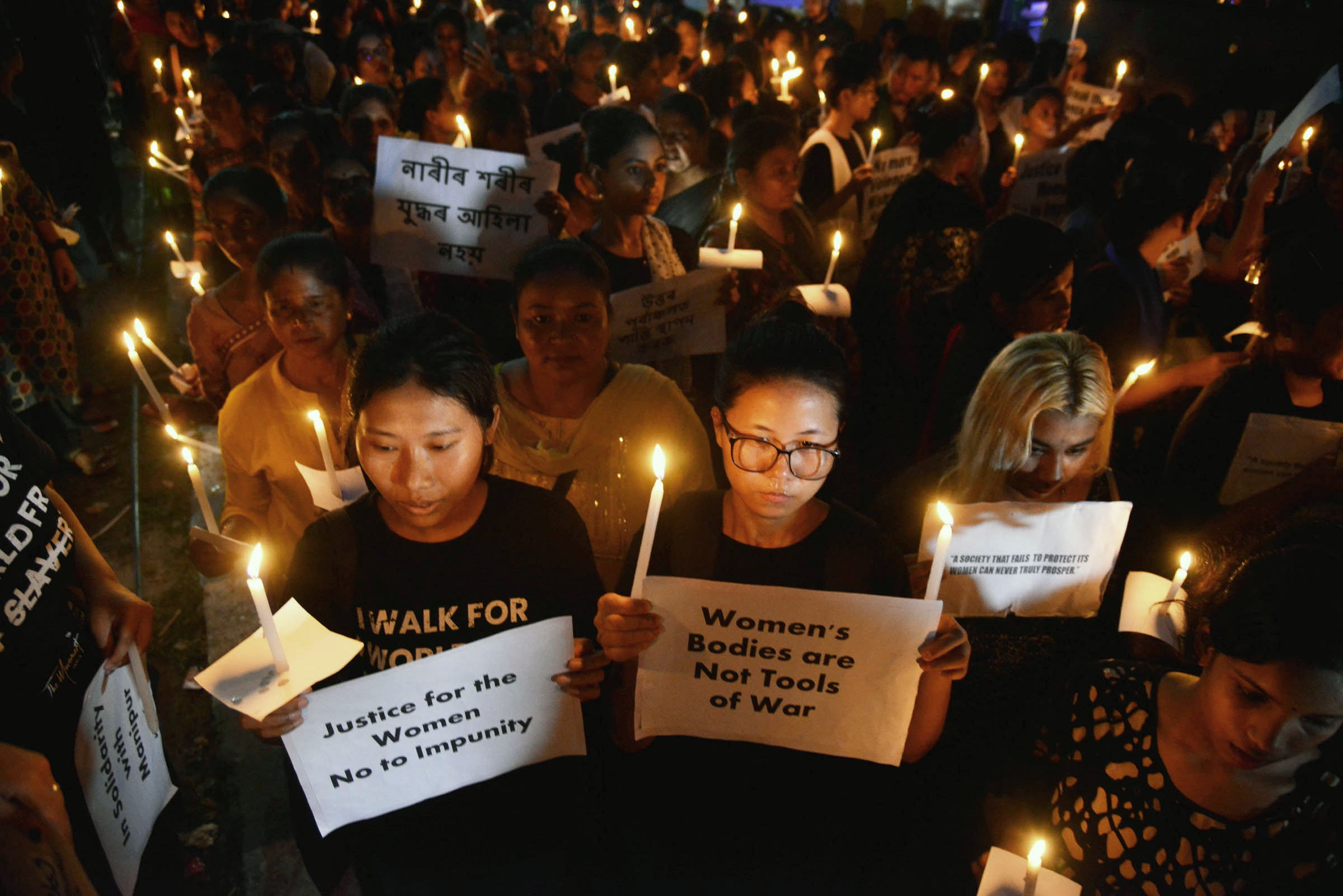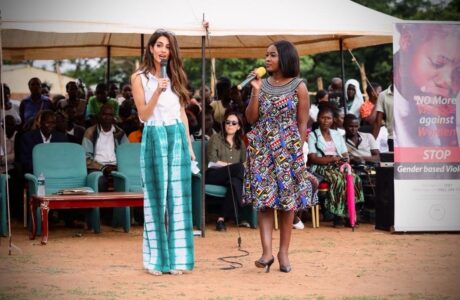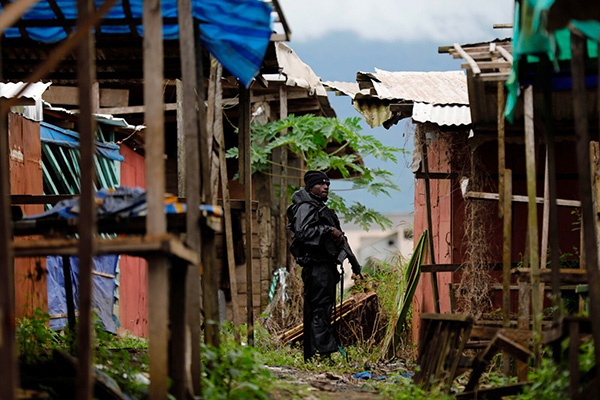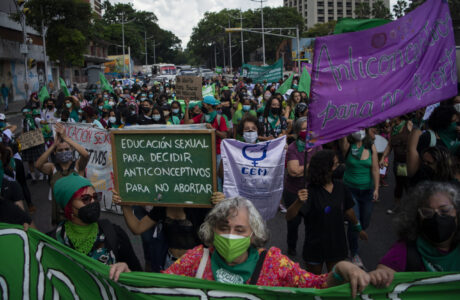Around the world, women and girls face injustice and violence simply because they are women. The justice system is supposed to protect women, but all too often courts perpetuate discrimination, or remain beyond the reach of those in need.
This is why the Clooney Foundation for Justice’s Co-Founder, Amal Clooney, founded the Waging Justice for Women initiative in 2022. The initiative aims to fight injustice against women through strategic litigation to reform discriminatory laws and increase accountability for gender-based abuse. Along with our key partners, we are working to help women and girls in Africa claim their rights – the right to go to school, to be safe from violence, to escape child marriage and to have equal rights to property. We are also investing in the next generation of gender justice champions through our new fellowship program for young lawyers across Africa and the opening of our first women-for-women legal aid clinics in 2023.
Did you know
CFJ is partnering with the Obama Foundation and the Gates Foundation to work towards ending child marriage.
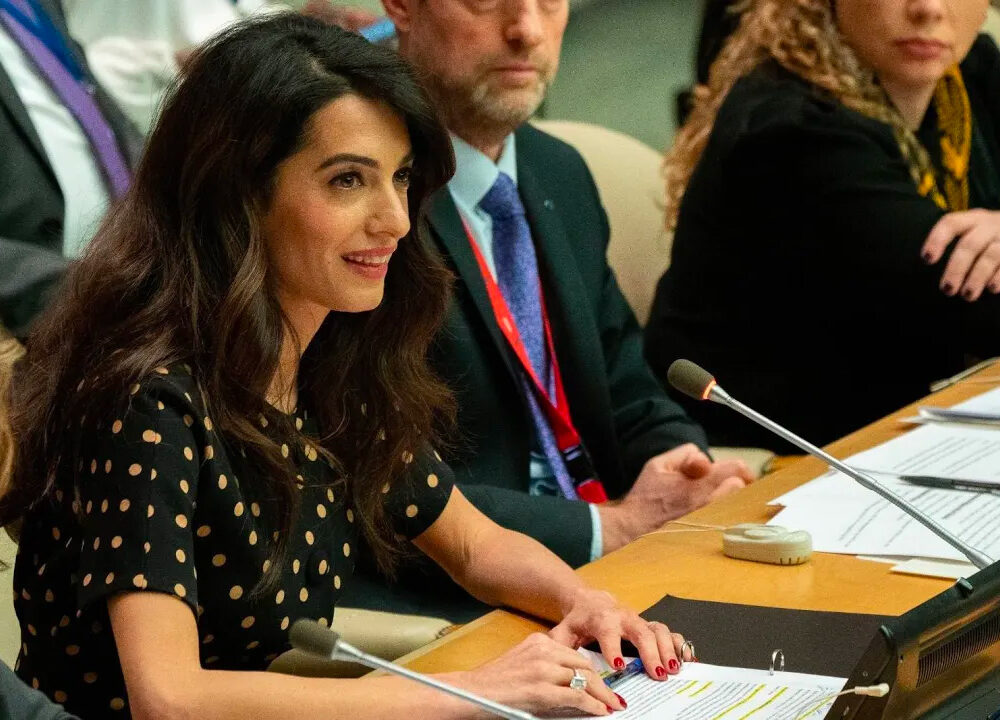
We can combat the injustice that women face by ensuring that unfair laws are overturned and that those who abuse women are held to account.
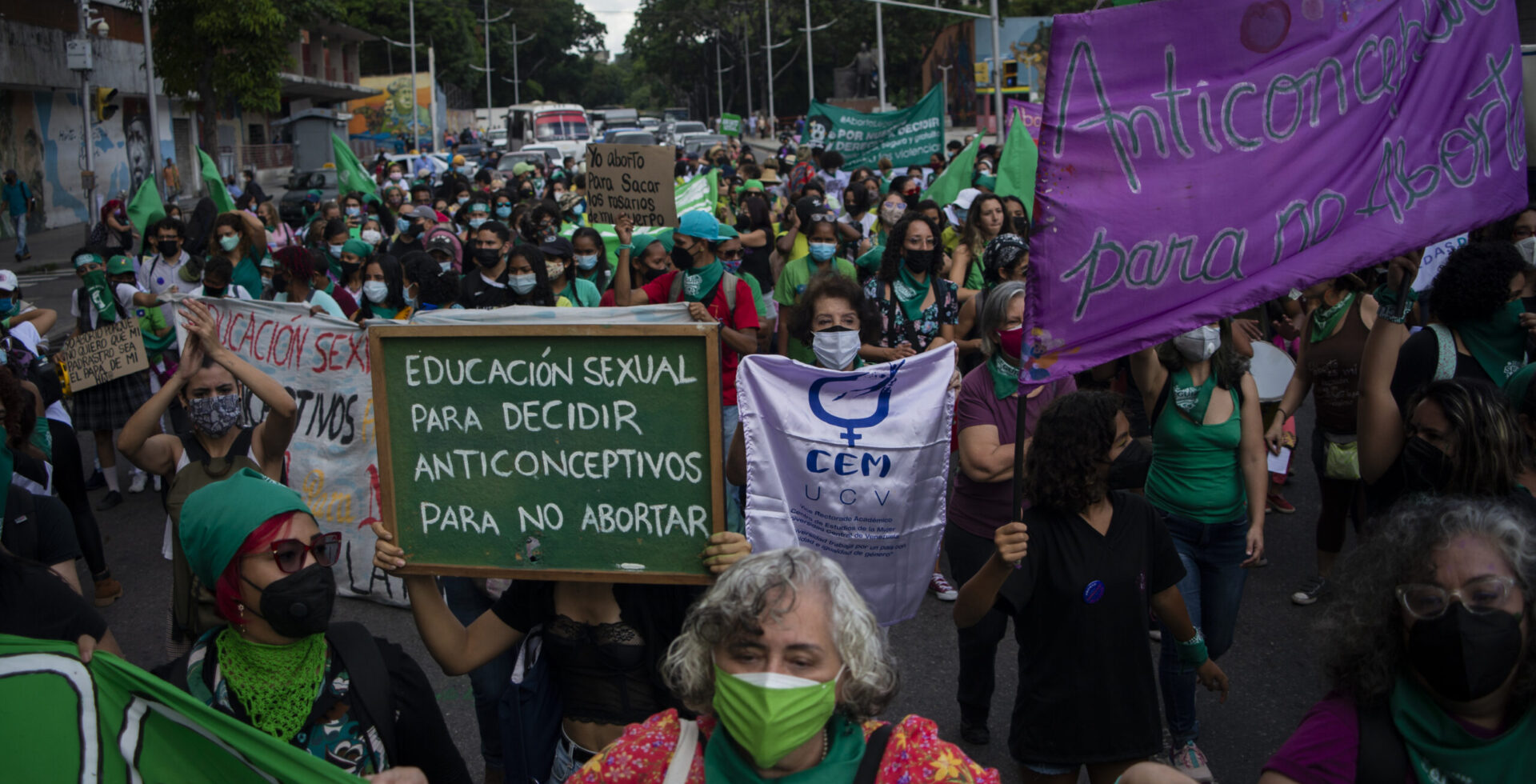
Around the world, the justice system is failing women and girls.
Child marriage, which remains legal in 146 countries, robs girls of their childhood and futures. Unjust and outdated “morality laws” criminalize things as basic as showing your hair. Anti-abortion laws prevent women from accessing basic reproductive healthcare. Sexual and gender-based violence is tolerated in staggering numbers across the world. Women struggle to access justice and often don’t know their rights.
These systemic failures have knock-on effects on the entire community, hindering economic development and progress in every field. Waging Justice for Women aims to combat these inequalities and help women and girls gain access to their legal rights and protections, initially with a focus on Africa.
Did you know
CFJ and our partner organizations offer one-year, fully funded fellowships annually to ten early-career women lawyers in sub-Saharan Africa. The aim of CFJ’s Waging Justice for Women Fellowship Program is to equip African gender justice champions with the tools they need to challenge inequality through the courts.
International law provides an opportunity for real change, as almost all states have ratified treaties that require them to protect women’s rights.
These rights can be enforced through national and regional courts, international courts, and UN bodies. But to access justice, women need legal advice and support.
The Clooney Foundation for Justice filed a submission in support of our partners, Equality Now and the Tanzania Women Lawyers’ Association, to challenge Tanzania’s policy of banning married and pregnant girls from school in a landmark case before the African Court of Human and Peoples’ Rights. The Tanzanian Government has already u-turned, announcing a reversal of this discriminatory policy that impacts more than 1 in 4 girls of high school age in the country.
That is why Waging Justice for Women is gathering much-needed data about laws and practices that are holding women back, and using this to identify opportunities to reform them.
And alongside our partners, CFJ is training the next generation of gender justice champions through our Waging Justice for Women Fellowship Program.
Our data-gathering helps us identify egregious laws as well as opportunities for redress and reform. By advocating for women and girls in the courtroom and working to strengthen the laws that are supposed to protect them, WJW aims to both shine a light on discrimination faced by women and to empower women to put an end to it.
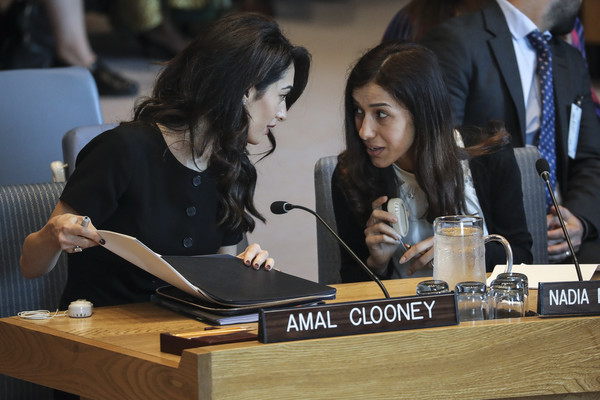
When survivors seek justice, they look for someone to give them hope that justice is possible. Amal gave me and many survivors hope that we will achieve justice.
Nobel Laureate and Sexual Violence Survivor
Justice for women is at the heart of CFJ’s work, including justice for women from marginalized backgrounds, women of color, lesbian, bisexual, transgender, intersex and queer women, and women with disabilities. Learn more about how CFJ is working with partners to investigate gender-based crimes, overturn regressive laws, and defend women on the frontlines of the fight for gender justice.
